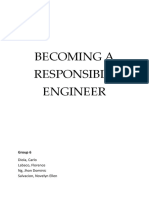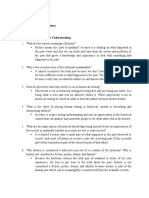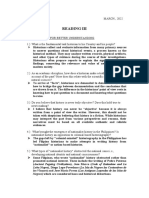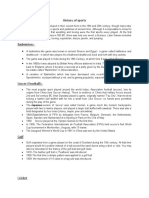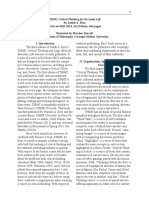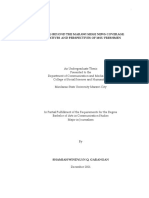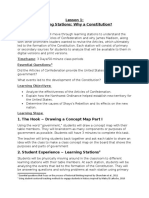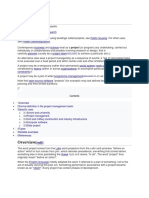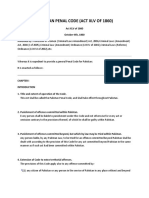CODE OF ETHICS
Article I. PROFESSIONAL LIFE
An Electrical engineer should act as faithful agents of their clients and employer, maintain
confidentiality and avoid conflict of interest but when such conflict arises, the fully disclosure of
circumstances of the employer/client must not delay. If the professional decisions or judgments are
overruled or disregarded, he/she should present clearly to his/her employers or clients the possible
consequences. He/she should ensure that his/her competence is maintained throughout on that career by
remaining abreast of developments and knowledge on that area of expertise. Actively participate in
technical and professional development seminars, continuing education programs and presentation of
papers at professional meetings.
Article II. RELATION WITH CLIENT AND EMPLOYER
When designing the electrical layout of a residential building, an electrical engineer should first
consider his relationship with his clients, which means you and your clients must agree to each other
before engaging in such services as the cost of professional work/service, equipment used, and other
project requirements. Before undertaking electrical engineering work, he should first ask or obtain
consent from his clients. For instance, the location of switches, the sorts of luminaires that is appropriate
for that area, and so on. He must exhibit or present the design of the electrical plan to his clients, as well
as describe the overall project needs and the other practitioners/electricians required for the installation of
electrical wirings.
Article III. RELATIONS WITH FELLOW ENGINEERS
When an engineer presents his or her output to his or her coworkers, for example, he or she
should be prepared for some clarifications, hostile reactions, and misunderstandings from his or her
coworkers in order to defend the engineering profession in line with his or her output. He or she should
cite the author of the preceding study or give credit to the original author while doing a study. When an
Engineer manages such contracts, he or she will only follow or practice the engineering work standards
that apply to his or her profession. For example, if one of your coworkers does not follow the norms of
his or her trade, you should not take action that will jeopardize his or her career; instead, you should bring
it up for suitable disciplinary action with your colleagues. When an electrical engineer has to revise or
amend an electrical plan, he should consult with a professional Electrical engineer.
RASELLE V. EBOJO, BSEE4-A





































